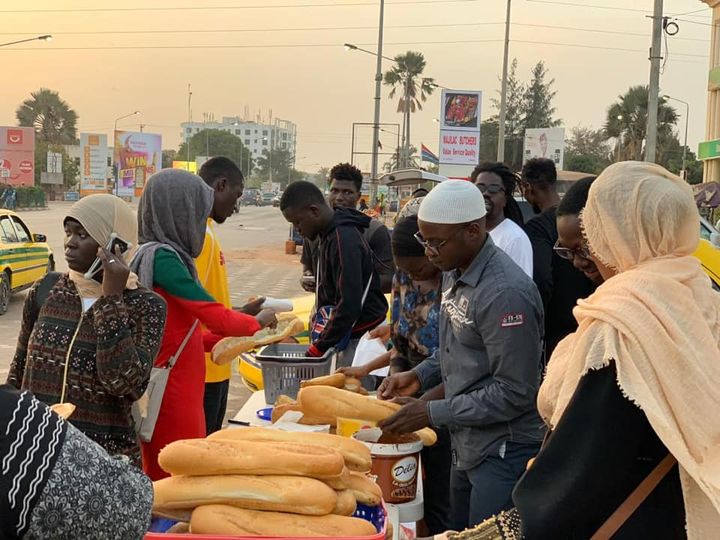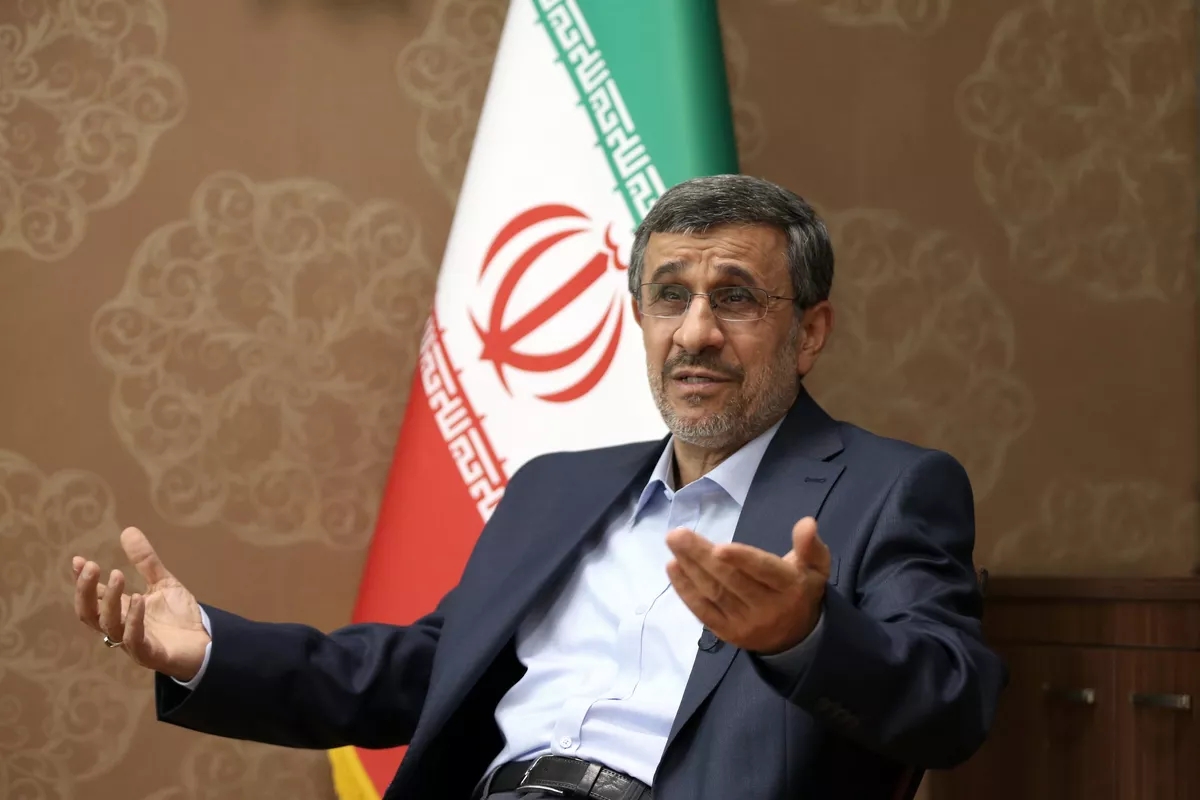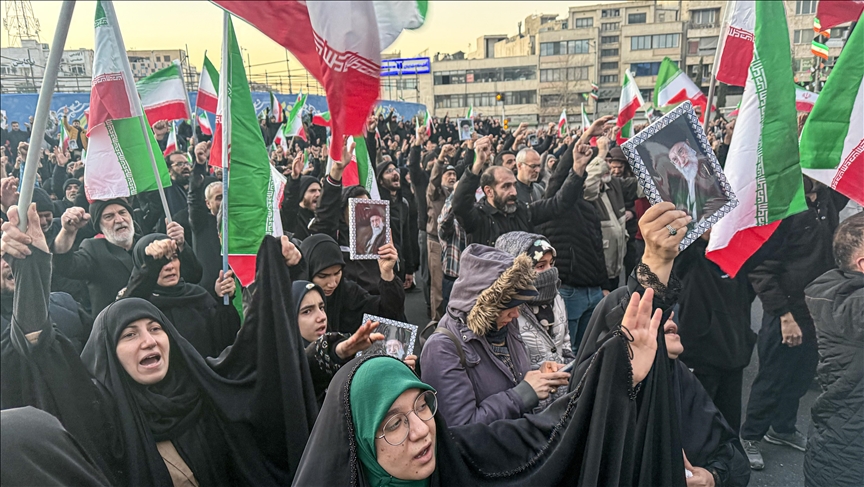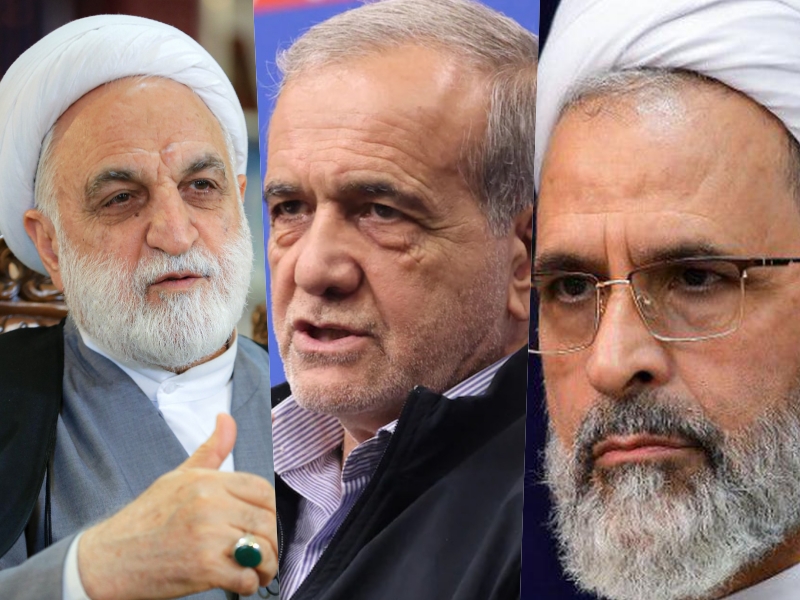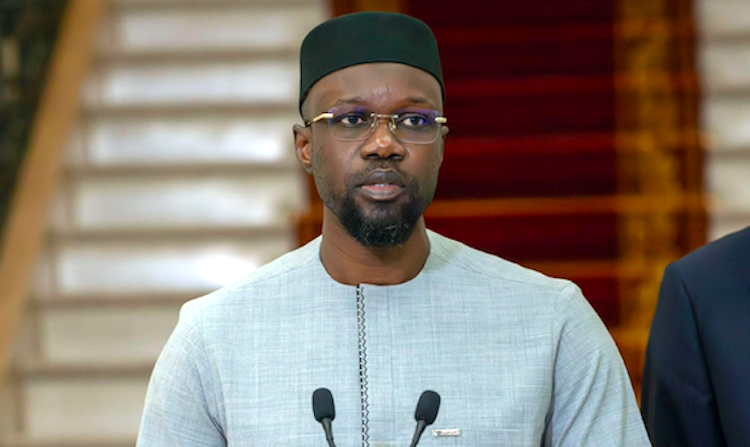Gambiaj.com – (DAKAR, Senegal) – Once a leading figure in the opposition, Senegal’s Prime Minister, Ousman Sonko, has now discovered the hard way the challenges of being a leader at the top of the state. Between managing internal struggles, facing pressure from the youth, and meeting ethical demands, the Prime Minister is undergoing a test of resilience and rebirth.
The exercise of power is anything but a sinecure for the Diomaye-Sonko tandem, even less for the latter, who is the linchpin of his coalition’s victory. However, the dynamic between seeing his “friend” Diomaye Faye lead the country, managing impatient youth, a non-existent grace period in public opinion, and a potentially risky legislative election places the leader of Pastef and Prime Minister in a precarious position.
Once untouchable as an opposition figure, the powerful Prime Minister Ousmane Sonko must now navigate a complex landscape to manage his reputation and image, which are no longer as invulnerable. The exercise of power is done in “prose” and not in “verse,” and Sonko, who once thrived on his powerful rhetoric against Macky Sall’s regime, now faces the challenge of demonstrating his capability to enact structural changes in Senegal.
Despite his support from die-hard fans, the majority of Senegalese people are keenly watching his results and genius for a national leap forward. Ousmane Sonko must undergo a psychological transformation to handle criticism and the contradictions surrounding him.
Even though Ousmane Sonko has made it known to anyone that he accepts the divine will that led to President Bassirou Diomaye Faye’s presidency—despite Faye’s ardent wish for his current Prime Minister to become the fifth President of the Republic in his place—this incongruous situation is far from straightforward.
Analysts are pessimistic about the viability of this disproportionate tandem, but the mutual respect between President Diomaye Faye and Prime Minister Ousmane Sonko could defy these predictions. The future will reveal the dynamics of their power-sharing arrangement, and as Babacar Justin Ndiaye notes, these unprecedented facts must be handled with caution.
Sonko also faces the challenge of addressing the youth who played a significant role in his triumph and who now grow impatient. Convincing this demographic to wait for the end of the unemployment tunnel while maintaining political hegemony among young people is no small feat.
Furthermore, the Senegalese people who endorsed the Pastef Project expect an ethical governance that contrasts with the past political practices of mismanagement, nepotism, and clientelism. Sonko’s political brilliance stemmed from an ethical requirement sensed by the public, and he is acutely aware that any laxity will not be forgiven.
Critics already point to unfulfilled promises and suspicions of clientelism, with the appointment of the daughter of the head of Senegalese diplomacy being a particularly contentious issue.
Every action Sonko takes will be scrutinized against his previous promises, akin to a “VAR” analysis in football.
Internally, Sonko must manage leadership conflicts within Pastef. Activists and allies, who consider themselves majority shareholders of the “Project“, grow impatient, and conflicts among prominent figures within the party are becoming more visible, especially with potential legislative elections on the horizon.
On the sub-regional stage, Prime Minister Sonko, expected by African activists to support the AES over ECOWAS, has adopted a cautious position. This stance has disappointed Pan-Africanists who anticipated the Diomaye-Sonko tandem to support the AES against Western imperialism. Despite recent efforts by Guy Marius Sagna to reignite Pan-African sentiment, Sonko’s position has cost him some support among African activists.
Nationally and internationally, Ousmane Sonko remains a highly anticipated leader. He must fully grasp the complexities of these issues, balancing power, public expectations, and youth unrest in an uncomfortable and challenging position.



